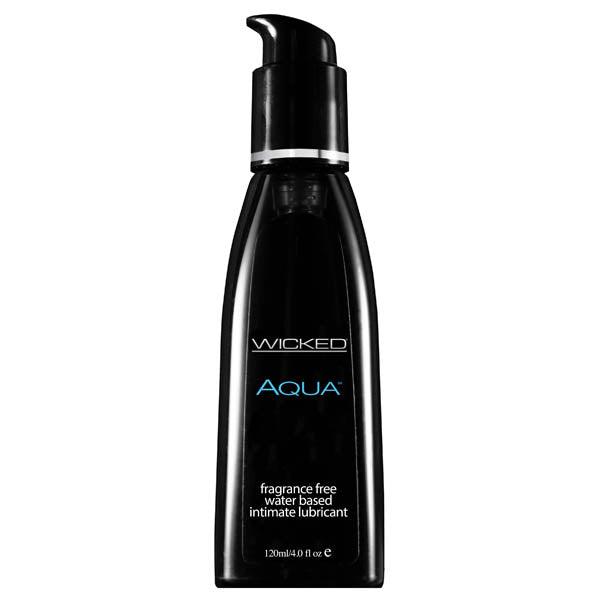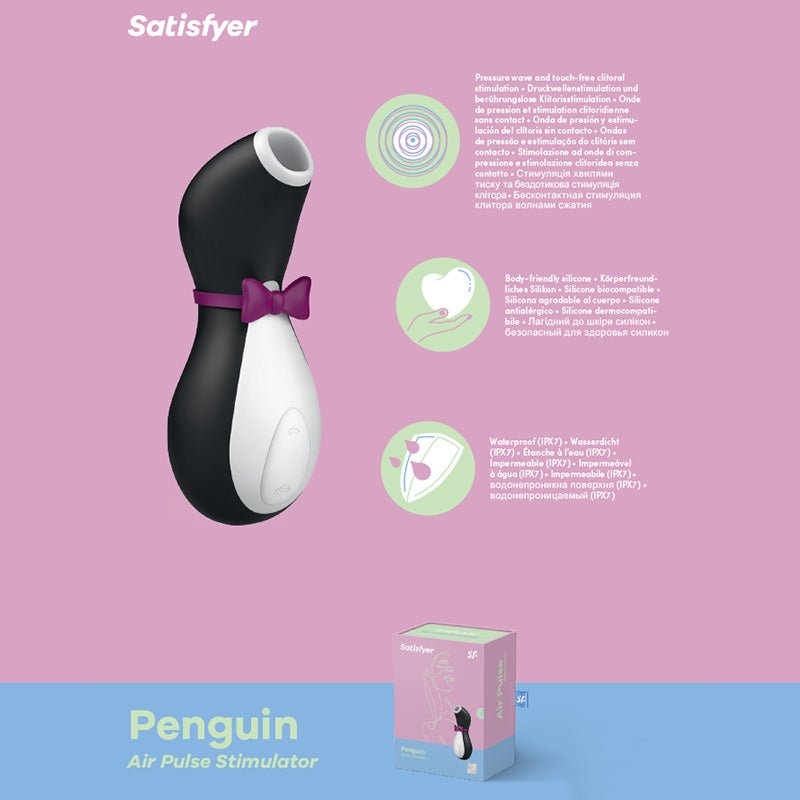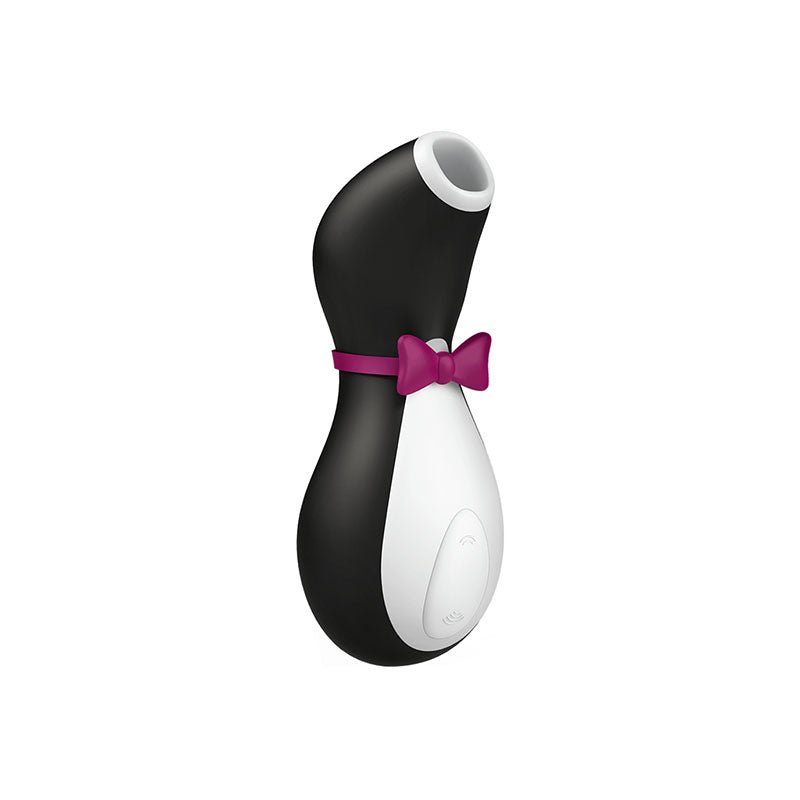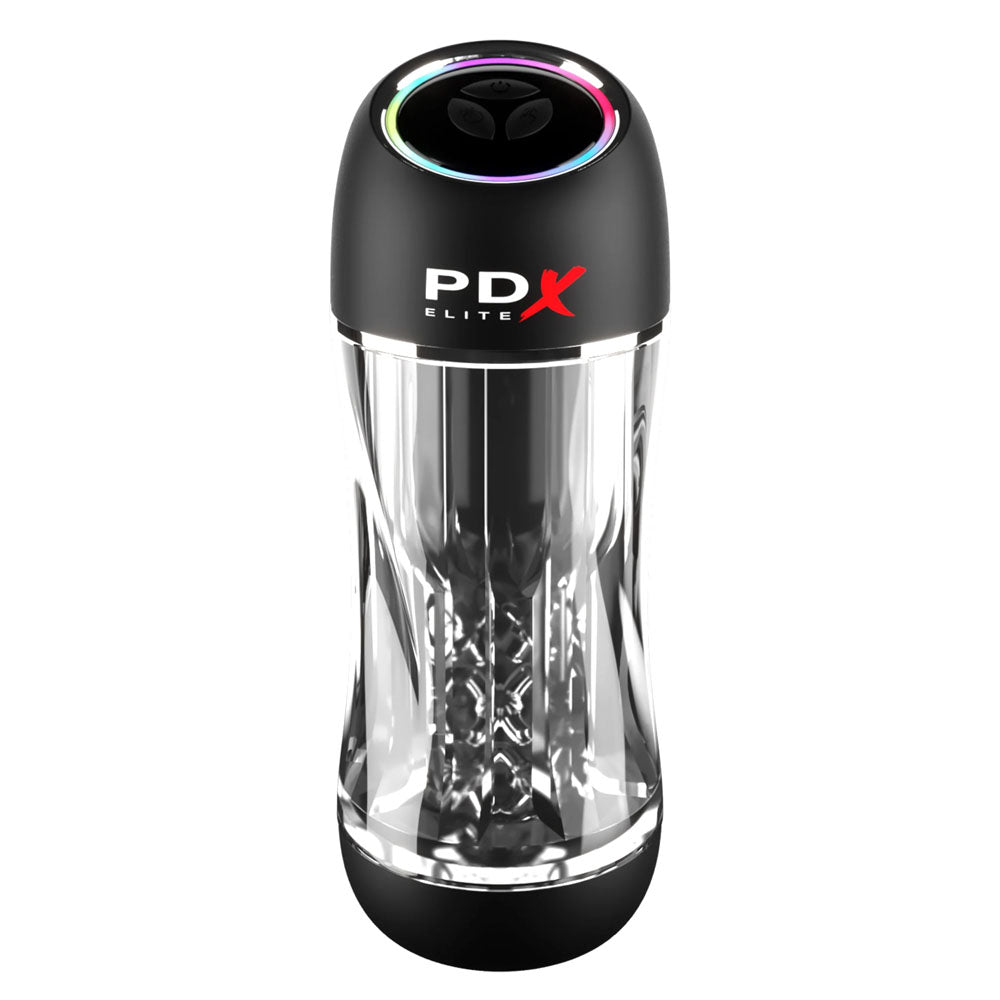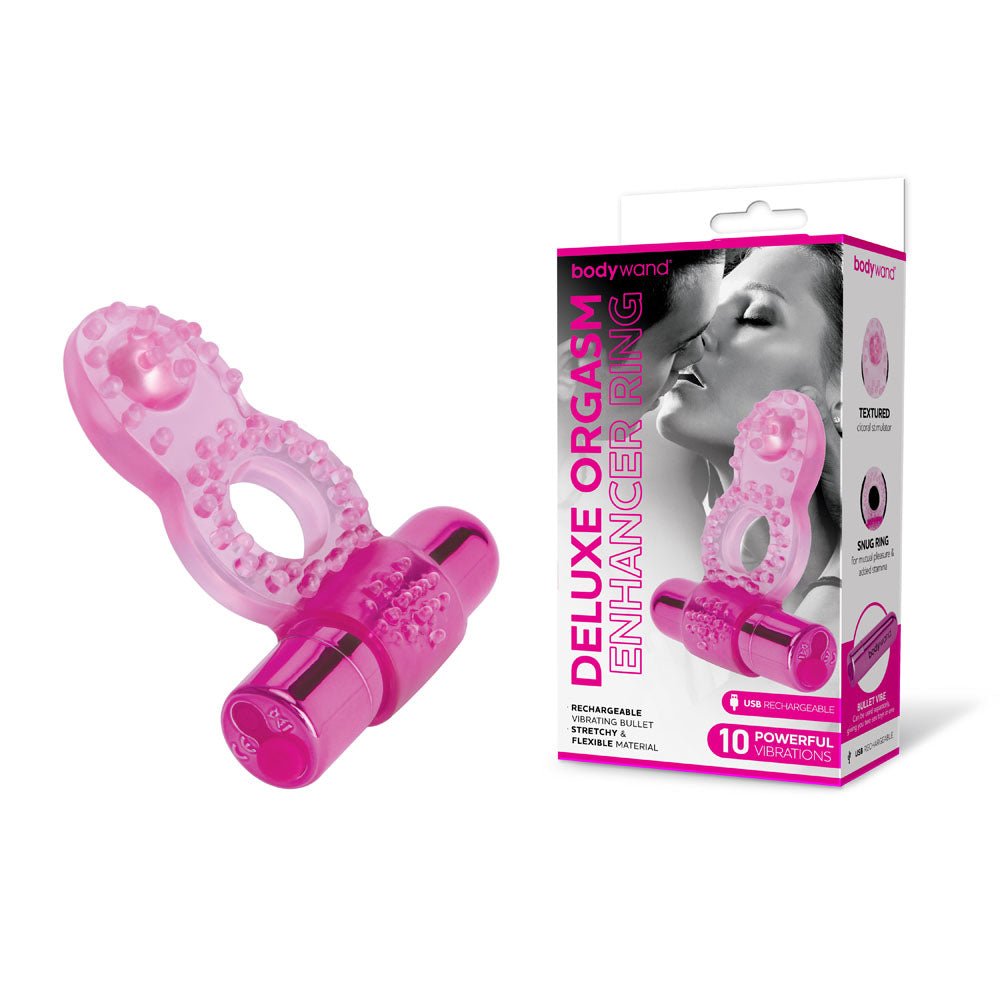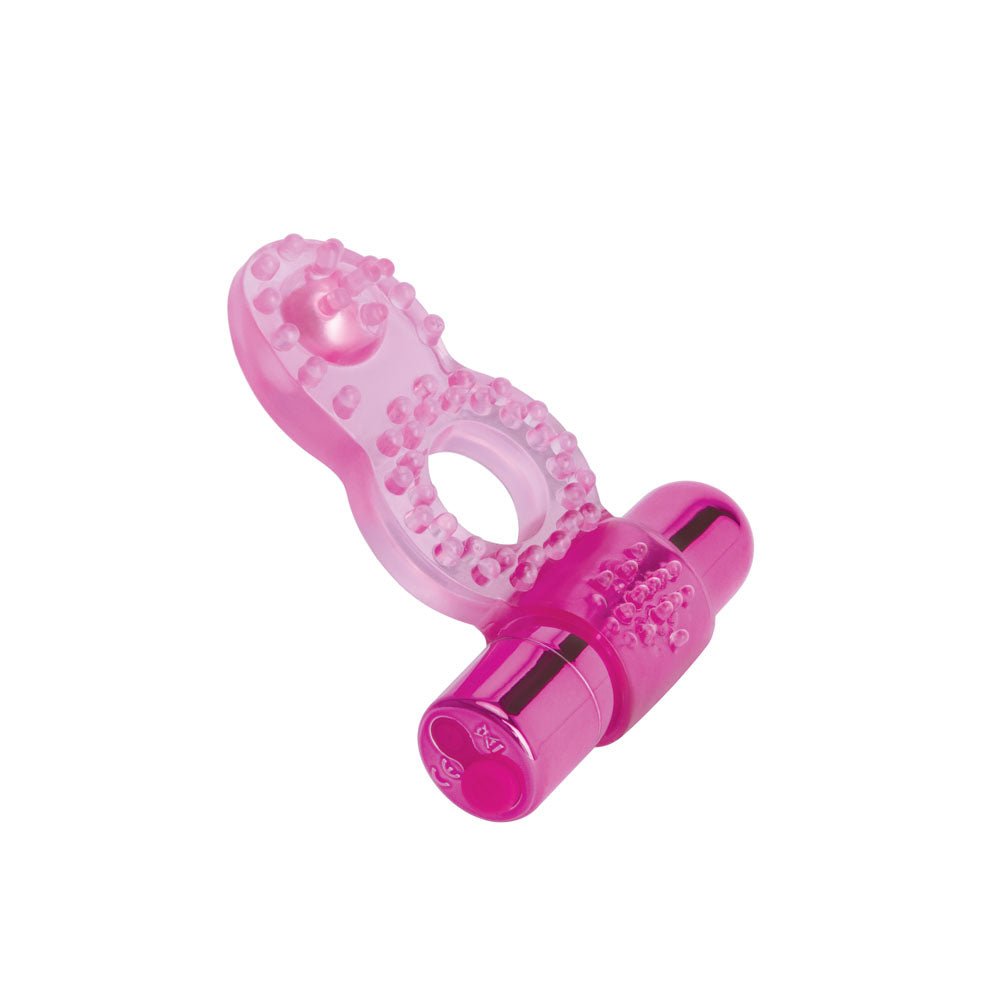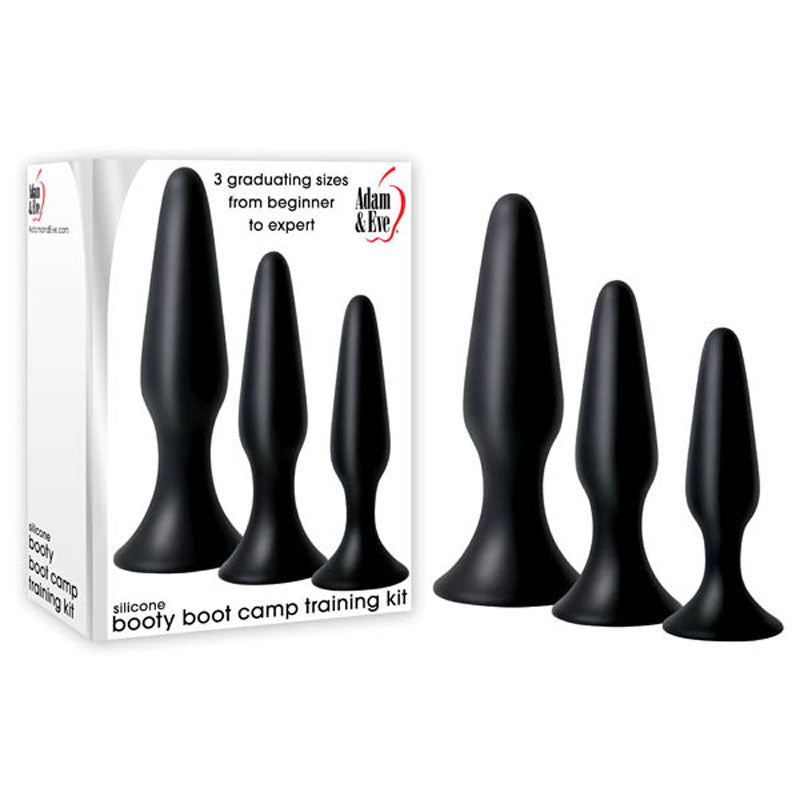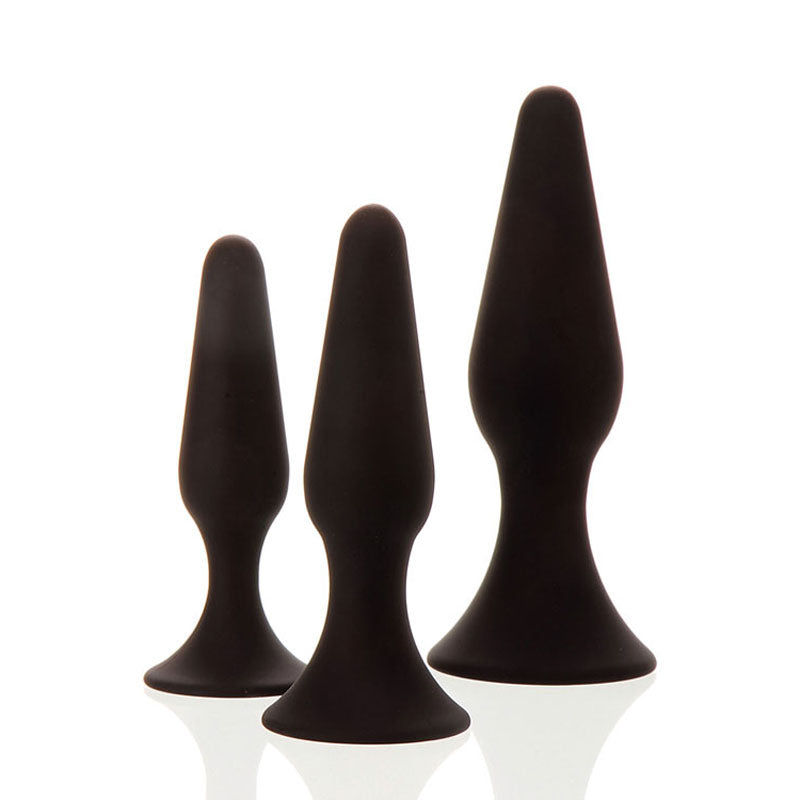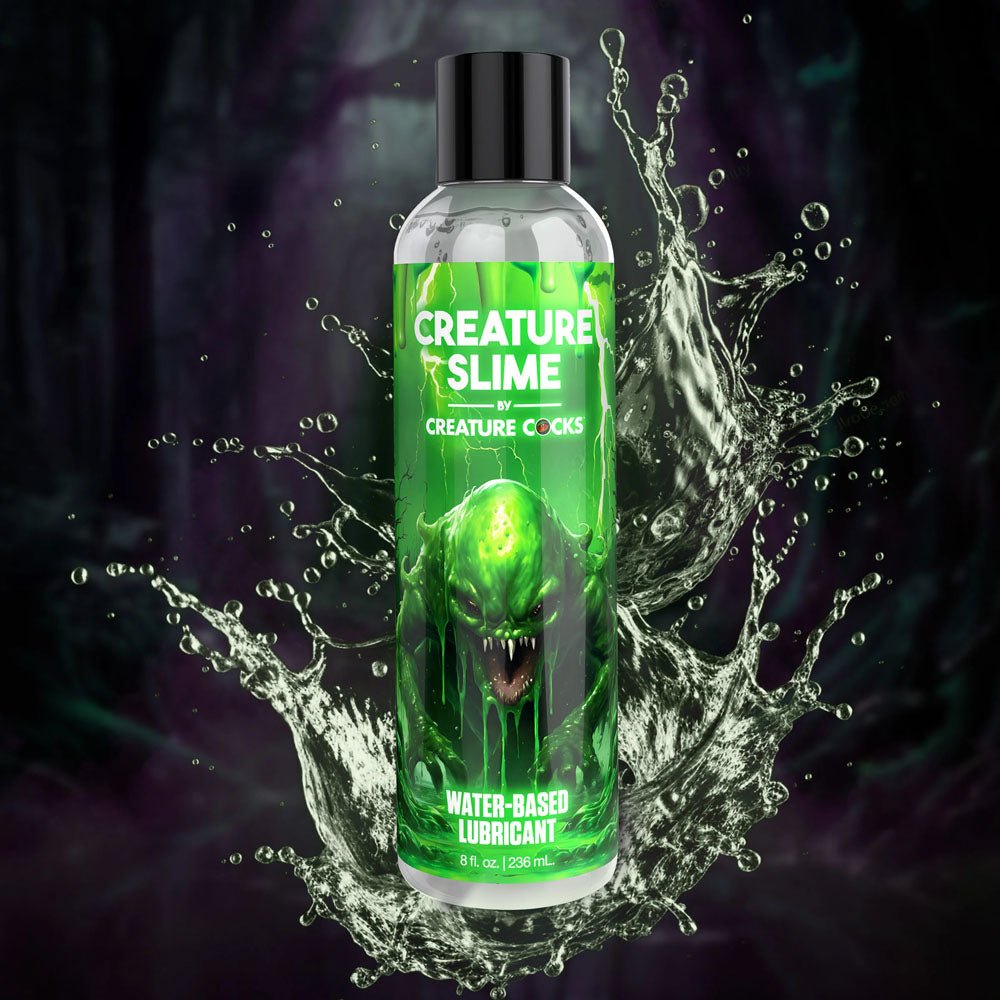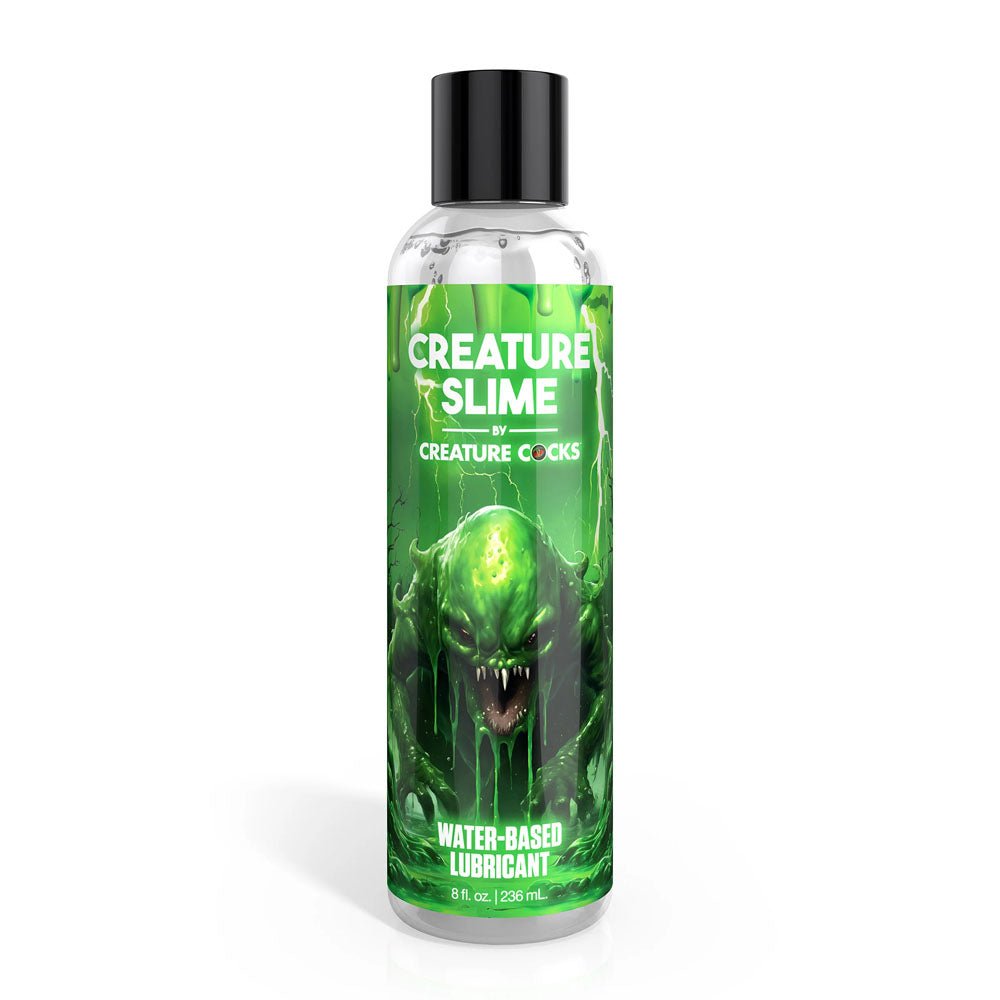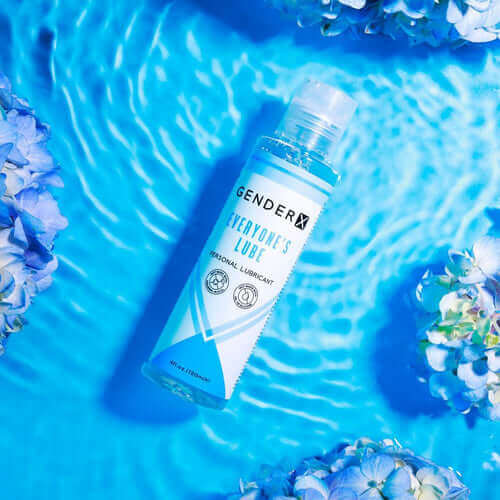Lubricants: Why to use and how to choose!
Who would have thought there was so many different types of lubes? So, which one am I meant to use? Which one’s are safe? What happens if I use the wrong ones? Why do I need it? We have sourced all the information for you below! Happy reading 😊. Alternatively, slide into our Lubes YouTube video.
Firstly, you can NEVER HAVE TOO MUCH LUBE! Having an ample supply of lubricant during sexual activity is always a good idea. Unfortunately, there has been some misconception associated with using lube, with the misguided belief that it indicates a lack of arousal. However, there's absolutely no shame in embracing lubrication—it's actually recommended by experts for everyone to keep some on hand incase it’s needed. Fact is there are thousands of reasons why ‘women don’t get wet enough’ and these having nothing to do with their partner!
Why use lubricants?
Insufficient natural lubrication: Often encountered during vaginal intercourse, can result from various factors like hormonal changes, medications, stress, or menopause. This lack can cause discomfort, friction, and pain during sex. Using a lubricant can help alleviate these issues by supplementing natural lubrication, creating a smoother surface for easier penetration and reduced friction. Whether caused by temporary factors or more long-term changes, having a quality lubricant available can enhance comfort and enjoyment for both partners during sexual activity.
Anal sex: Unlike the vagina, the anus lacks its own lubrication, necessitating adequate lubrication for comfortable and safe anal intercourse. Without it, the delicate tissues of the anus can become irritated and injured due to friction. Using a thick, long-lasting lubricant formulated for anal play is essential to mitigate this risk and enhance pleasure. These lubricants offer maximum slipperiness, reducing friction and making penetration smoother and more comfortable. By choosing the right lubricant, individuals can enhance the pleasure of anal sex while minimizing the risk of discomfort or injury.
Enhancing pleasure: Even with enough natural lubrication, adding extra lubricant can enhance sensations and pleasure during sexual activities. By reducing friction and creating a smoother surface, lubricants heighten tactile stimulation and sensitivity, resulting in more intense and satisfying experiences. Whether used during penetrative intercourse, foreplay, or solo play, the right lubricant can amplify pleasure and make every touch more exhilarating. For those interested in maximizing the benefits of lubricants for sexual pleasure, our article "Using Lubes for Enhancement" offers valuable insights and tips.
With sex toys: Lubricants are vital for enhancing the comfort and pleasure of using sex toys. Whether incorporating vibrators, dildos, butt plugs or other toys into solo or partnered play, the right lubricant can make insertion smoother and more enjoyable. It's crucial to select a lubricant compatible with the material of your toys to avoid damage. For instance, silicone-based lubricants, while offering excellent slickness and longevity, can degrade silicone sex toys over time. Choosing the appropriate lubricant ensures a safer, more comfortable, and ultimately more satisfying experience.
What type of lubricant do I use?
There are several types of lubricants available for sexual intercourse, each with its own properties and suitable uses. Here are the common types:
Water-Based Lubricants: These are the most versatile and widely used lubricants. They are compatible with condoms and sex toys, easy to clean up, and typically non-staining. They are suitable for most people, including those with sensitive skin. Water-based lubricants can dry faster during sex, so you may need to reapply them during long sessions.

Silicone-Based Lubricants: Silicone-based lubes offer longer-lasting lubrication compared to water-based ones so are great for sex marathons! They are safe to use with condoms but are not generally compatible with silicone sex toys. Silicone lubes are great for activities like shower sex, as they don't wash away easily with water. However, they can leave a residue and may stain fabrics.
Oil-Based Lubricants: These include natural oils like coconut oil, as well as synthetic oil-based lubes. They provide excellent lubrication and can be long-lasting. However, oil-based lubes can degrade latex condoms, increasing the risk of breakage. They are not recommended for use with latex condoms or silicone sex toys. Additionally, oil-based lubes can be difficult to clean up and may stain fabrics.
Hybrid Lubricants: These are a combination of water-based and silicone-based lubricants, offering the benefits of both types. They are usually long-lasting and safe to use with condoms and most sex toys. However, it's essential to check the specific product's compatibility with condoms and toys.
So, to generalise:
Water-Based Lubricants: Use with everything!
Silicone-Based Lubricants: Longer lasting but DON’T use with silicon sex toys!
Oil-Based Lubricants: Longer lasting but NOT SAFE with condoms or silicon sex toys!
Hybrid Lubricants: Longer lasting and GENERALLY safe to use with most condoms and silicon sex toys – but you need to CHECK specific product’s compatibility!
Are there any risks?
Skin irritation and allergic reactions: Can occur when using lubricants, particularly flavoured or warming varieties, although such reactions are rare. To minimize the risk, consider using a water-based lubricant and conducting a patch test on the skin before applying it to the genitals.
Yeast infections: Certain lubricants, especially flavoured or heating and cooling types, may increase the likelihood of yeast infections due to the presence of glycerine. To reduce this risk, avoid using such lubricants.

Fertility: Some research suggests that lubrication use during conception attempts may hinder sperm mobility towards the egg, potentially decreasing fertility. However, conflicting studies exist, with some indicating no impact on sperm movement.
Always read the product label and consider any potential allergies or sensitivities before using a lubricant. If you're unsure which type of lubricant is best for you, consider starting with a water-based lubricant, as it is generally safe for most people and situations.
As a special thank you for taking the time to read our blog, we'd like to reward you with an exclusive 5% discount code to use in our online store, Ignight Me! Simply enter the code BLOG5%OFF at checkout to enjoy 5% off your next purchase. Happy shopping!
